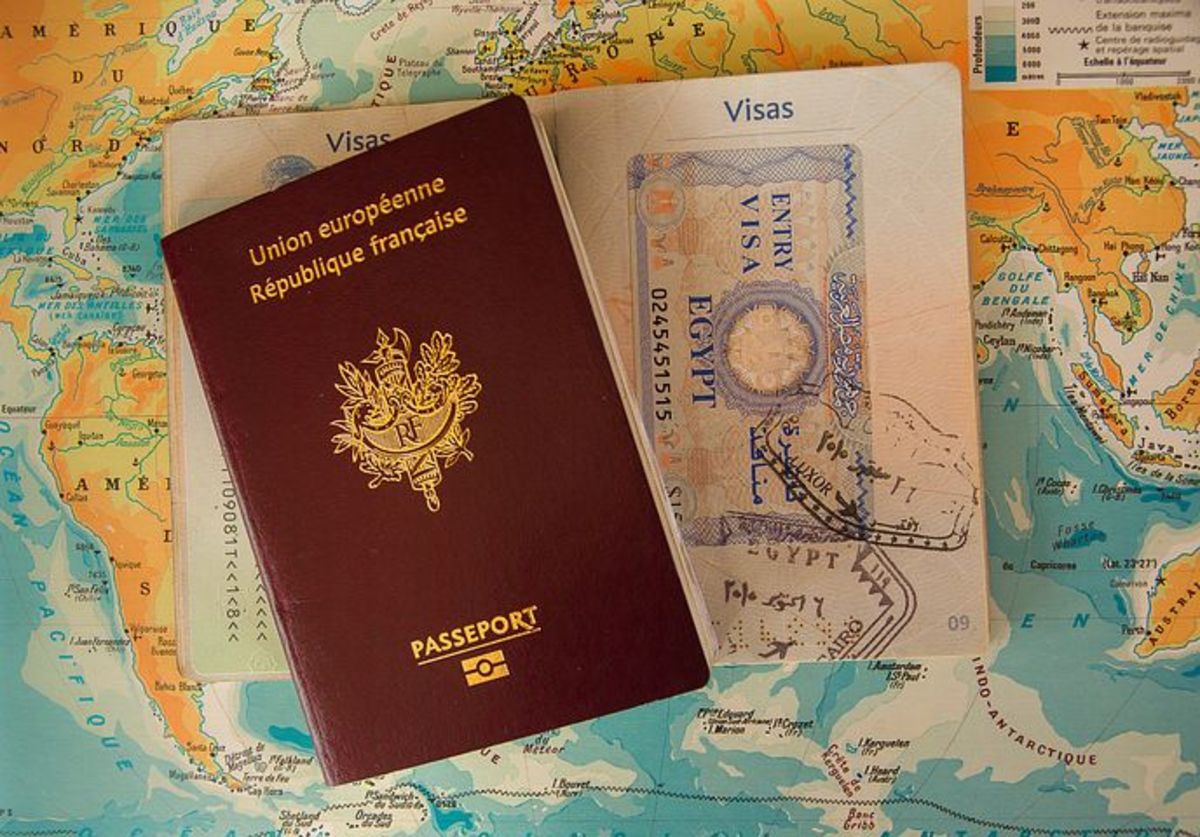Table of Contents
ToggleThailand has become one of the most sought-after retirement destinations in the world. With its warm climate, stunning beaches, rich culture, and affordable cost of living, it’s easy to see why many retirees from around the globe choose Thailand as their home during their golden years. If you’re considering retiring in Thailand, one of the best visa options to explore is the Retirement Visa (officially known as the Non-Immigrant O-A Long Stay Visa). This visa allows eligible individuals to live in Thailand for extended periods, typically one year, and can be renewed annually as long as the conditions are met.
In this blog, we will cover the essential requirements for qualifying for a Thailand Retirement Visa, the benefits, and the step-by-step process for obtaining one.
What is the Thailand Retirement Visa?
The Thailand Retirement Visa is a long-term visa available to foreign nationals who are 50 years old or older and wish to live in Thailand for an extended period after retirement. The visa allows retirees to stay in Thailand for one year and can be renewed each year, as long as the applicant continues to meet the visa requirements.
This visa option is extremely popular with expatriates seeking a laid-back lifestyle in Thailand, as it offers a relatively straightforward path to long-term residency in the country.
Key Requirements for a Thailand Retirement Visa
To qualify for a Thailand Retirement Visa, you must meet certain criteria established by the Thai government. These requirements generally fall under age, financial stability, and health insurance. Here’s a breakdown of what you need to qualify:
1. Age Requirement
The primary eligibility criterion for the Thailand Retirement Visa is age. You must be 50 years or older at the time of your application. This is non-negotiable, and proof of your age (typically via a passport or birth certificate) will be required during the application process.
2. Financial Requirements
Thailand’s Retirement Visa requires you to demonstrate that you have the financial means to support yourself while living in the country. There are three main ways to meet the financial requirement:
-
Bank Deposit Option: You need to show a balance of at least 800,000 Thai Baht (approximately $23,000 USD) in a Thai bank account. This amount must be maintained for at least two months before applying for the visa. This ensures that you have enough funds to support yourself during your stay.
-
Income Option: If you prefer not to tie up a large sum of money in a Thai bank account, you can instead prove that you have a monthly income of at least 65,000 Thai Baht (around $1,800 USD). The income can come from sources such as pensions, social security, or other regular earnings.
-
Combination Option: If you don’t meet the bank deposit or income requirement individually, you can combine both. For instance, you can have 400,000 Thai Baht in savings and a monthly income of 32,000 Thai Baht, provided the total sum meets the minimum required amount.
3. Health Insurance Requirement
As of recent years, the Thai government has required retirees to show proof of health insurance when applying for a Retirement Visa. This is an important step to ensure that expats have sufficient coverage in case of illness or medical emergencies.
The health insurance policy should cover both outpatient and inpatient care. The general coverage amounts required are typically 40,000 Baht for outpatient care and 400,000 Baht for inpatient care. There are various insurance companies offering policies tailored specifically to expats, and it’s important to ensure that the policy meets Thai government requirements.
4. Police Clearance Certificate
Another requirement is a criminal background check. You will need to provide a police clearance certificate from your home country, confirming that you have no criminal record. This is a standard requirement for all long-term visa applicants in Thailand.
5. No Restrictions on Your Passport
The Thai government also requires that you have a valid passport with at least 12 months of remaining validity at the time of your application. Additionally, your passport should not have any restrictions, such as a history of deportation or immigration violations.
The Application Process for a Thailand Retirement Visa
Once you’ve confirmed that you meet the eligibility criteria, it’s time to begin the application process for the Thailand Retirement Visa. Below is an outline of the typical steps involved:
Step 1: Prepare the Required Documents
Before you begin the application process, you need to ensure you have all of the necessary documents in order. The documents typically include:
-
A valid passport (with at least 12 months validity)
-
Proof of financial means (bank statements, income verification, etc.)
-
Police clearance certificate from your home country
-
Health insurance documentation
-
Passport-sized photos (usually 2-3)
-
Completed visa application form
Step 2: Submit Your Application
Once you have your documents prepared, you can submit your application to a Thai embassy or consulate in your home country or country of residence. Some embassies may also allow you to apply for a Retirement Visa extension within Thailand if you’re already residing there under a different visa.
If you’re applying from outside Thailand, you will receive a Non-Immigrant O-A Visa from the embassy, which allows you to stay in Thailand for one year. Once you arrive in Thailand, you will need to report to the immigration office within a specific time frame to complete your registration.
Step 3: Enter Thailand and Complete Your Registration
After your visa is approved, you can enter Thailand, where you will need to undergo a few final procedures at the immigration office, including submitting your documents, confirming your health insurance coverage, and registering your stay. You will be granted permission to stay for one year, after which you can apply for an extension as long as you meet the requirements.
Step 4: 90-Day Reporting
Once in Thailand, you are required to report your current address to the Thai immigration office every 90 days, even if you haven’t moved. This is a standard rule for all long-term visa holders, and failure to comply can result in fines or visa issues.
Benefits of the Thailand Retirement Visa
The Thailand Retirement Visa offers numerous advantages to retirees looking to settle in Thailand. Here are some of the key benefits:
1. Long-Term Stay
The primary advantage of the Thailand Retirement Visa is that it allows you to stay in the country for one year without the need for frequent visa runs. This is a relief for retirees who wish to avoid the hassle of leaving the country to renew their visa regularly.
2. Affordable Living Costs
Thailand offers one of the most affordable cost-of-living experiences for retirees. Housing, healthcare, food, and transportation are all significantly cheaper compared to Western countries. This means you can live comfortably on a modest pension or savings, stretching your retirement funds much further.
3. Quality Healthcare
Thailand is known for its high-quality healthcare system, with internationally accredited hospitals and medical professionals. Expats with a Retirement Visa can take advantage of Thailand’s affordable medical services, from routine checkups to major surgeries, all at a fraction of the cost in their home countries.
4. Access to a Thriving Expat Community
Thailand is home to a large and vibrant expat community, with retirees from all over the world choosing to make Thailand their home. There are numerous expat clubs, social events, and online forums, allowing retirees to meet new friends, share experiences, and stay active in their new environment.
5. Beautiful Environment
From the bustling streets of Bangkok to the serene beaches of Phuket and Chiang Mai’s lush mountains, Thailand offers a wide range of beautiful environments to suit any retiree’s preferences. Whether you enjoy city life, a quiet rural setting, or a beachside lifestyle, Thailand has something for everyone.
Conclusion
The Thailand Retirement Visa is an excellent option for retirees looking to enjoy a peaceful, affordable, and high-quality lifestyle in one of the most beautiful countries in Southeast Asia. By meeting the age, financial, and health insurance requirements, retirees can secure a long-term visa that provides them with the opportunity to live in Thailand for a year at a time, with the possibility of annual renewal.
With its low cost of living, top-tier healthcare, friendly expat community, and stunning landscapes, Thailand continues to be a top destination for retirees seeking to enjoy their retirement years in paradise.




